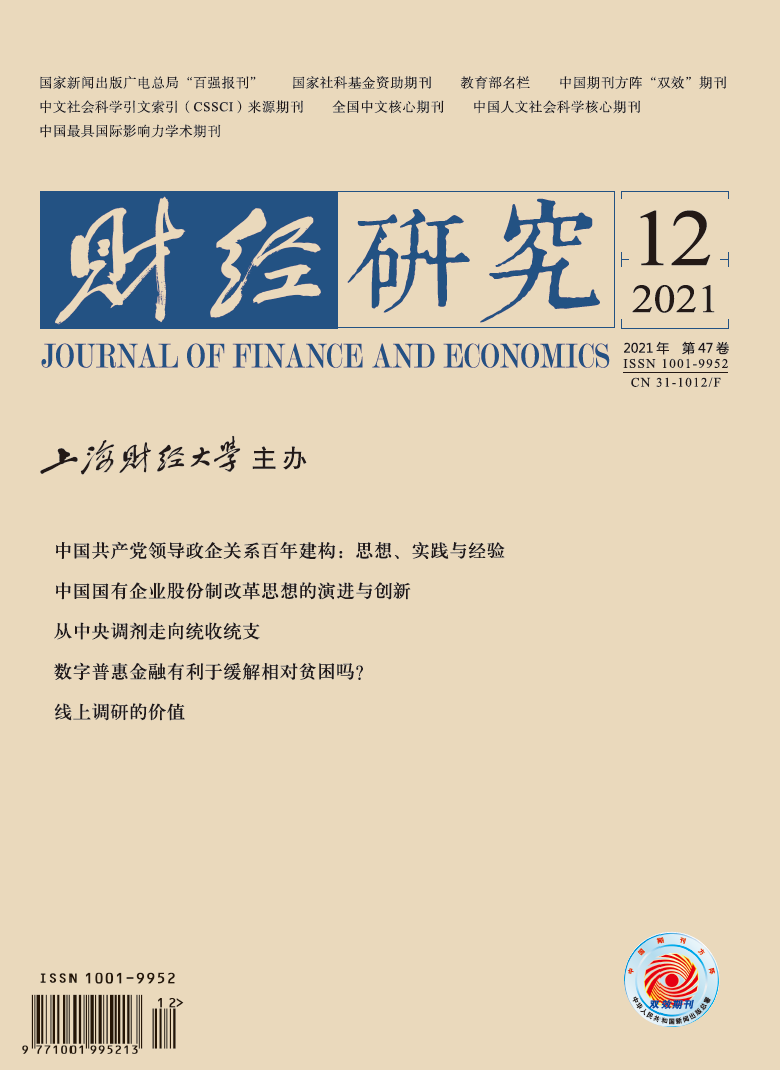Since its establishment, the Communist Party of China (CPC) has always attached great importance to exploring the government-enterprise relationship. What kind of ideological evolution and practical exploration process has it experienced? What role did it play in the construction and development of government-enterprise relationship? Compared with the “night watchman” role of the government in Western mainstream economics, has China accumulated unique experience in understanding and handling the government-enterprise relationship? Relevant researches mainly analyze state-owned enterprises, pay more attention to practical description, and focus on the behavior of enterprises and individuals in the micro domain, but pay less attention to private enterprises and ignore the key role of the CPC’s thought and its leadership advantages, which needs systematic analysis and in-depth study.
This paper finds out that the evolution of China’s government-enterprise relationship is closely related to the development strategy and corresponding economic system of the CPC and the state. This evolution process presents four phased characteristics: focused on ensuring enterprise production under the background of the revolutionary war (1921-1949), characterized by administrative management under the industrialization strategy (1949-1978), focused on stimulating corporate vitality under the market-oriented reforms (1978-2012), and aiming to support corporate innovation under the theme of high-quality development (since 2012). There are at least three basic experiences: Adhering to the leadership of the CPC is the fundamental political guarantee; adhering to the guiding position of Marxism and focusing on the combination of “effective market” and “promising government” are conducive to optimizing the external environment of enterprises and promoting the development of government-enterprise relationship; adhering to the common development of state-owned enterprises and private enterprises and constantly exploring ways to achieve an effective combination of Party building and enterprise development are conducive to constructing and perfecting the government-enterprise relationship with Chinese characteristics.
The academic value of this paper could be concluded in three aspects: Firstly, it systematically sorts out the thought and exploration practice of the CPC on the construction of government-enterprise relationship over the past 100 years. Secondly, based on a comprehensive investigation of state-owned enterprises and private enterprises, it supplements the views drawn from the existing literature mainly based on the state-owned enterprise reform. Thirdly, it establishes an analytical framework of “top-level design – policy – practice”, thus expounding the logic and basis of the CPC’s understanding and handling of government-enterprise relationship in different historical stages, and summarizing the valuable historical experience contained therein.





 4762
4762  4327
4327

